युवा-नेतृत्व वाली परियोजनाओं के साथ भविष्य का बीजारोपण: जलवायु वकालत की अगली पीढ़ी को प्रेरित करने के लिए युवा जलवायु सलाहकार समिति का उपयोग करना, भाग 2
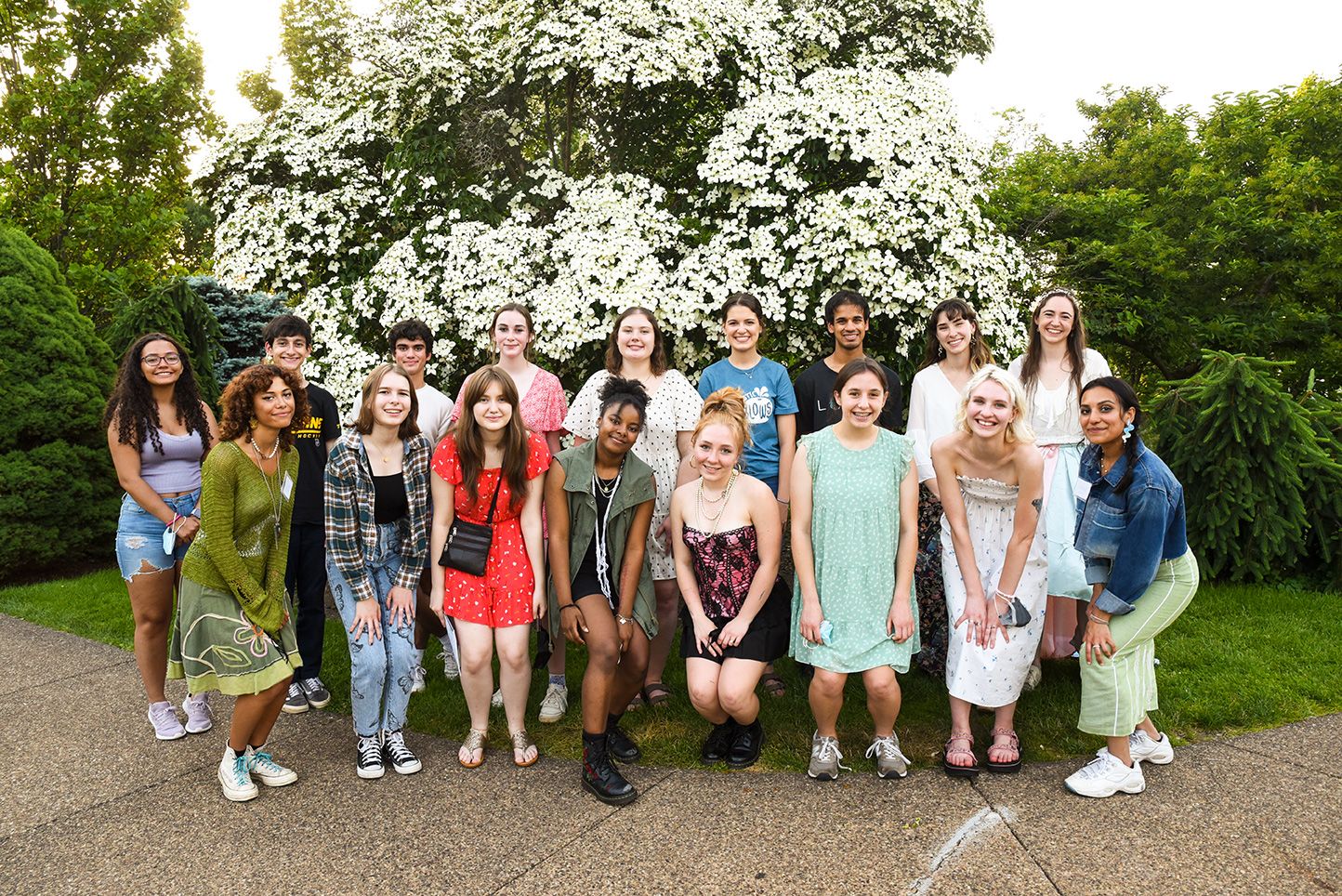
सितंबर 2021 से मई 2022 तक, फिप्स कंज़र्वेटरी के शोध और विज्ञान शिक्षा विभाग ने द क्लाइमेट टूलकिट के सहयोग से अपनी पहली युवा जलवायु सलाहकार समिति की मेजबानी की। दो युवा नेताओं और 18 युवा सलाहकारों से मिलकर बने इस समूह ने पर्यावरण से संबंधित परियोजनाओं को विकसित और कार्यान्वित किया, नेतृत्व और परियोजना नियोजन कौशल का निर्माण किया, पर्यावरण और जलवायु न्याय के बारे में सीखा और कार्यक्रम के दौरान अपने पसंदीदा पर्यावरणीय विषयों पर गहराई से विचार किया। युवा नेताओं के साथ सह-लिखित इस बहु-भागीय श्रृंखला में इमान हबीब और रेबेका कार्टरइसमें हम कार्यक्रम की प्रेरणा और संरचना, परिणामी परियोजनाओं और सीखे गए सबक पर चर्चा करेंगे।
यदि आपने इस श्रृंखला का पहला लेख नहीं पढ़ा है, तो आप इसे पढ़ सकते हैं यहाँ.
युवा जलवायु सलाहकार समिति ने तीन समानांतर परियोजनाओं पर काम शुरू किया, जिससे हमारे 18 युवा समिति सदस्यों को परियोजना प्रबंधन कौशल विकसित करने और आठ महीने के कार्यक्रम के दौरान पर्यावरण के उन विषयों पर गहराई से विचार करने का अवसर मिला, जिनके बारे में वे भावुक हैं। नीचे, प्रत्येक समूह अपनी परियोजना के लिए प्रेरक शक्ति और साथी छात्रों और पिट्सबर्ग क्षेत्र के समुदाय को शिक्षित करने और प्रेरित करने के लिए विकसित की गई सामग्री साझा करता है।
नेताओं द्वारा उपयोग किया जाने वाला एक प्रमुख संसाधन वाइल्ड सेंटर का था। आपकी जलवायु कार्य योजना (CAP) कार्यशाला सुविधा मार्गदर्शिका बनानायह मार्गदर्शिका परियोजनाओं के सफल पहलुओं को डिजाइन करने में सहायक थी, जिसमें फोकस विषय चुनना, परियोजना के लक्ष्य और समयसीमा बनाना, लघु और दीर्घकालिक चरणों का विश्लेषण करना और सहायक संसाधन जुटाना शामिल था।
शिक्षा कार्य समूह
सदस्य: अमारी स्मिथ, बेंजामिन विंसलो, जोआन एज़िबे, लिडिया ब्लम, मार्ले मैकफ़ारलैंड, मैया हडसन-गुडनो, शिवानी वॉटसन, विधुर सेंथिल
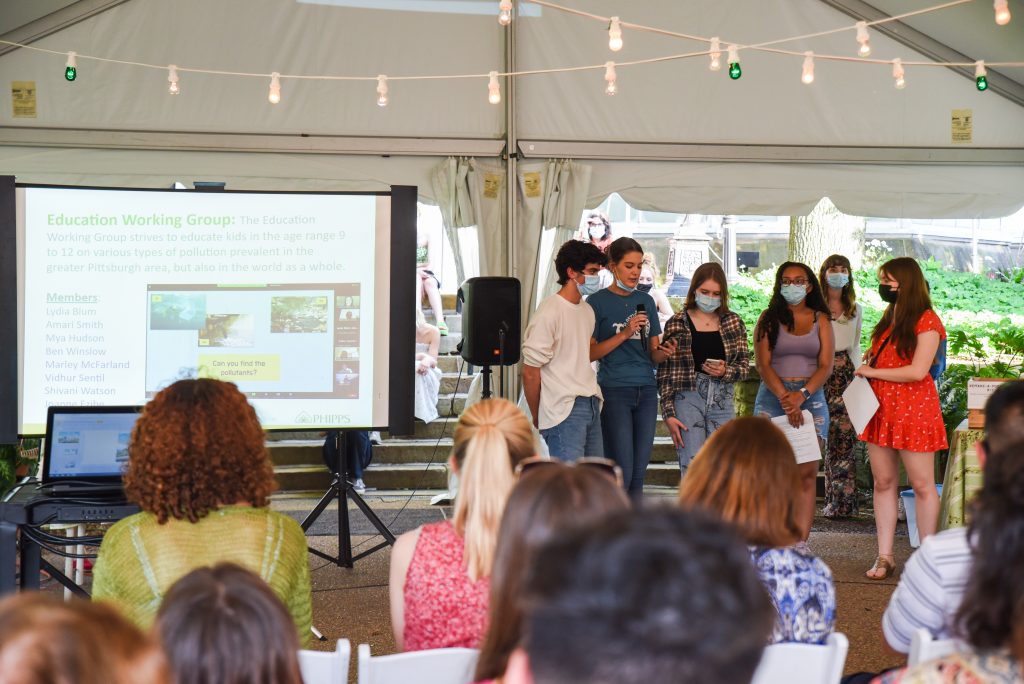
मिशन वक्तव्य: "हमारा लक्ष्य छात्रों को जलवायु परिवर्तन, मानव स्वास्थ्य और पर्यावरण से संबंधित मुद्दों पर जागरूकता बढ़ाने वाली गतिविधियों के माध्यम से शिक्षित करना है और ऐसे विषयों पर चर्चा को समृद्ध बनाना है, साथ ही वंचित समुदायों के लिए वकालत करना है।"
शिक्षा कार्य समूह का गठन ग्रेटर पिट्सबर्ग क्षेत्र और व्यापक दुनिया में प्रचलित विभिन्न प्रकार के प्रदूषण के बारे में कक्षा 4 - 6 के बच्चों को शिक्षित करने के लक्ष्य के साथ किया गया था। एक समूह के रूप में, उन्होंने एक व्यापक पाठ्यक्रम बनाने के लिए काम किया जो जलवायु शिक्षा में कमियों को पर्याप्त रूप से संबोधित करेगा और आर्थिक स्थिति की परवाह किए बिना स्कूलों में पढ़ाया जा सकता है। संक्षेप में, परियोजना तीन पाठ योजनाओं से बनी है: वायु प्रदूषण, जल प्रदूषण और प्लास्टिक प्रदूषण। प्रत्येक योजना में इन छात्रों के लिए पाठ योजना के मूल विचारों को शामिल करने और उन पर जोर देने के लिए एक शैक्षिक पाठ और एक इंटरैक्टिव गतिविधि शामिल है। जानकारी को पचाने योग्य, मनोरंजक और 30 मिनट से कम समय में पूरा करने योग्य बनाया गया है ताकि युवा दर्शकों को व्यस्त रखा जा सके।
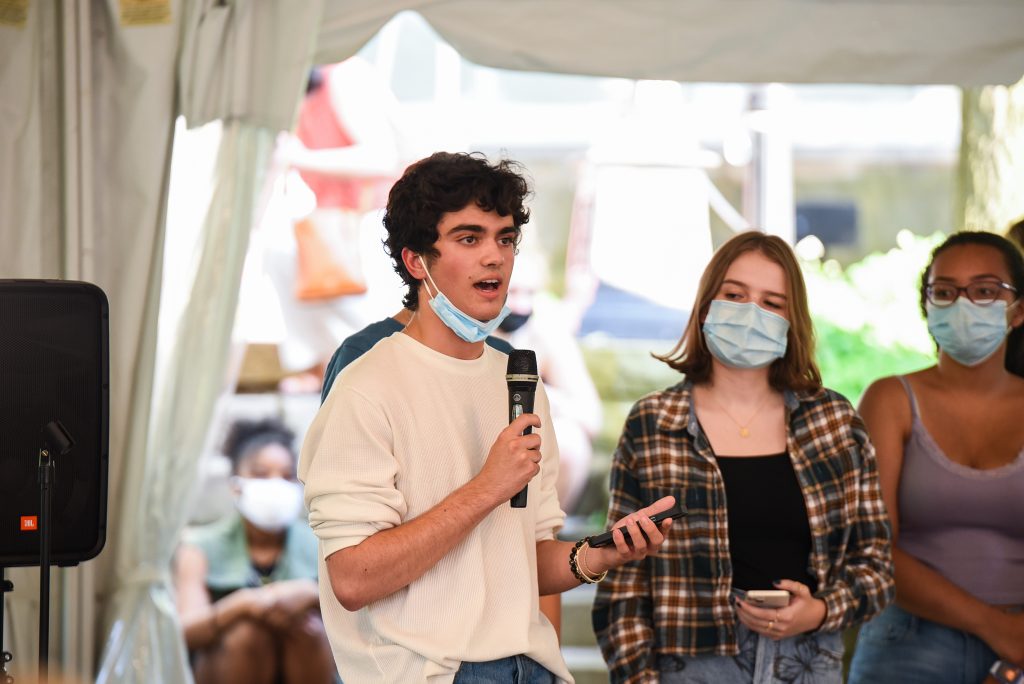
The वायु प्रदूषण पाठ योजना प्रदूषण की सामान्य अवधारणा को पेश करके शुरू होता है और फिर अधिक विशिष्ट जानकारी पर ध्यान केंद्रित करता है। वायु प्रदूषण के कारणों को पेश किया जाता है और साथ ही इस बात की बुनियादी व्याख्या भी की जाती है कि कोयले के जलने से हवा में प्रदूषक कैसे बनते हैं। इस जानकारी के साथ, छात्र चित्रों के चयन (जैसे जंगल की आग, बाइक, कार, सौर पैनल, पवन चक्कियाँ, लावा) से वायु प्रदूषकों की पहचान करने की गतिविधि में भाग लेते हैं। पाठ योजना सामाजिक और व्यक्तिगत दोनों स्तरों पर वायु प्रदूषण को संबोधित करने के लिए क्या किया जा सकता है, इस सवाल के साथ समाप्त होती है।
The जल प्रदूषण पाठ योजना यह पाठ छात्रों से पिट्सबर्ग की तीन नदियों के बारे में कुछ सामान्य ज्ञान के सवालों के जवाब देने और इन जल निकायों में प्रदूषण एक मुद्दा क्यों हो सकता है, के बारे में पूछकर शुरू होता है। इसके बाद, “प्रदूषण क्या है?”, “जल प्रदूषण क्या है?”, और “हमारी नदियों को क्या प्रदूषित कर रहा है?” जैसे प्रश्न छात्रों को इन मुद्दों पर सोचने के लिए कहा जाता है। एक बार जब छात्र अपने दृष्टिकोण साझा करते हैं, तो समिति के सदस्य एक सहयोगी शिक्षण शैली को शामिल करने के लिए छात्रों के उत्तरों का विस्तार कर सकते हैं। वायु प्रदूषण पाठ योजना के समान, छात्रों को विभिन्न चित्रों से जल प्रदूषकों की पहचान करने के लिए कहा जाता है। अंत में, एक विशिष्ट पिट्सबर्ग संयुक्त सीवर प्रणाली (सीएसएस) का एक आरेख इस मुद्दे का और अधिक वर्णन करने के लिए प्रदर्शित किया जाता है कि कैसे जल प्रदूषण पिट्सबर्ग समुदायों पर प्रतिकूल प्रभाव डाल सकता है। पाठ योजना छात्रों द्वारा प्लास्टिक की पानी की बोतलों का उपयोग करके अपने स्वयं के जल फिल्टर का निर्माण करने और जल प्रदूषण को सीमित करने के समाधानों की पहचान करने के साथ समाप्त होती है।
The प्लास्टिक प्रदूषण पाठ योजना 9 से 12 वर्ष की आयु के बच्चों को शामिल करने के लिए लोकप्रिय "अमोंग अस" गेम जैसी गतिविधि शुरू की जाती है। खेल का उद्देश्य यह पहचानना है कि कौन एक काल्पनिक समुदाय को प्रदूषित कर रहा है। इसके बाद यह बताया जाता है कि प्लास्टिक प्रदूषण लोगों के रोज़मर्रा के जीवन में किस तरह व्याप्त है। इसके बाद, समूह के सदस्य स्थानीय पीए समुदायों में प्लास्टिक उद्योग के उत्पादन और इतिहास की व्याख्या करते हैं। पर्यावरण न्याय के मुद्दे पर चर्चा की जाती है ताकि यह बताया जा सके कि प्लास्टिक प्रदूषण किस तरह से गरीब, अल्पसंख्यक समुदायों को असंगत रूप से प्रभावित करता है। प्रस्तुति प्लास्टिक के प्रभावों की व्याख्या करके और प्लास्टिक की खपत को सीमित करने के तरीकों का परिचय देकर समाप्त होती है।
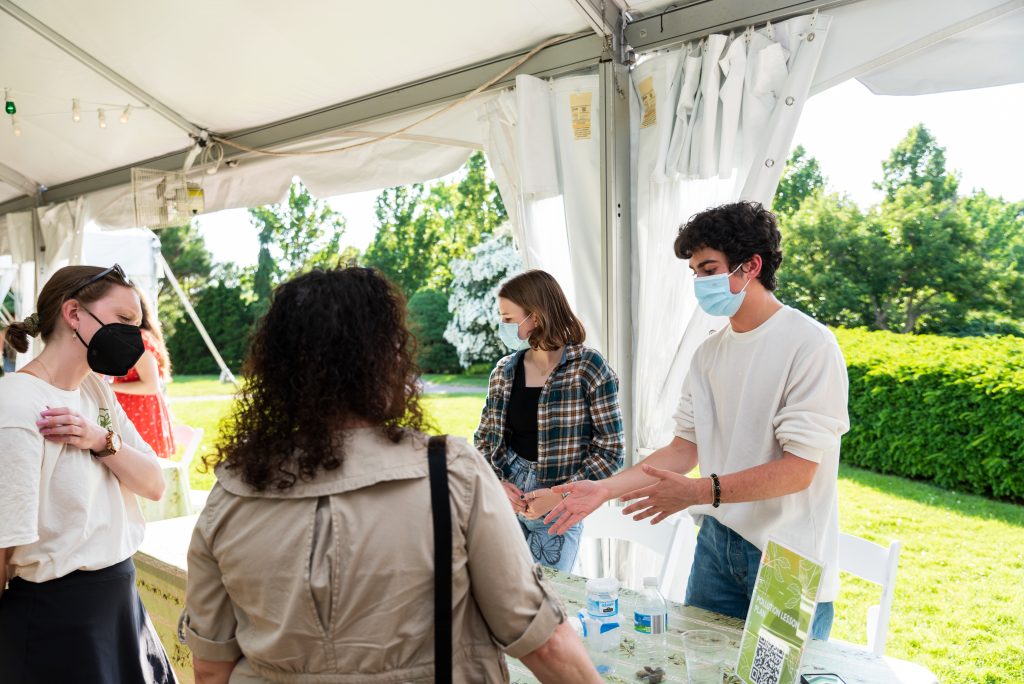
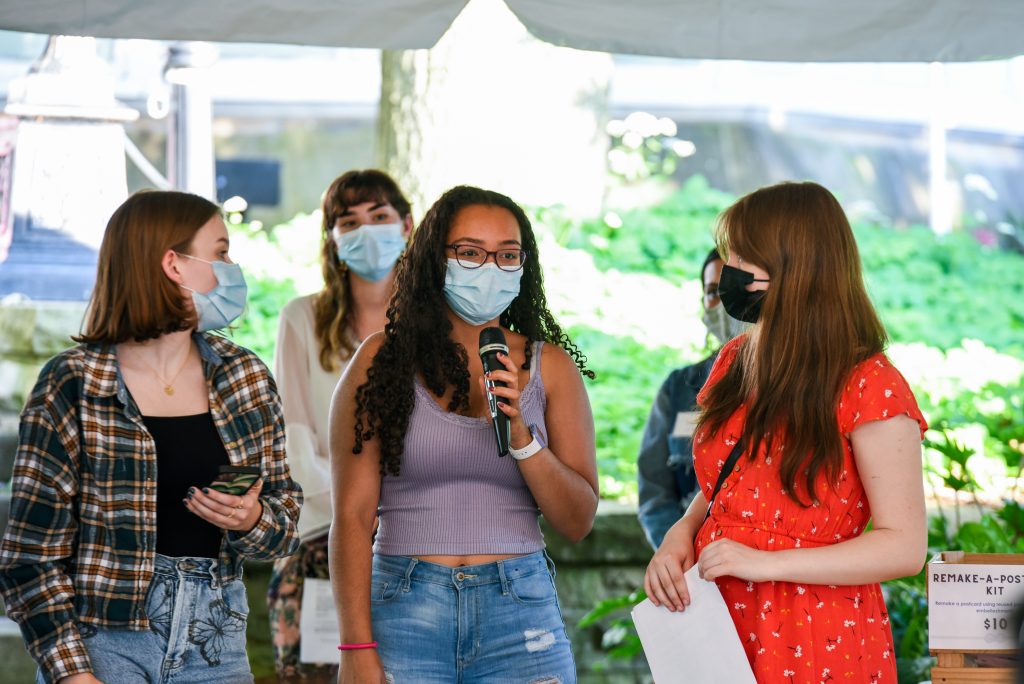
समिति ने पिट्सबर्ग क्षेत्र के कई स्कूलों में अपनी पाठ्य योजनाएं प्रस्तुत कीं। समिति ने फिप्स के वार्षिक बायोब्लिट्ज में भी भाग लिया, जो परिवारों को शामिल करने के लिए आयोजित एक पर्यावरण विज्ञान उत्सव है, जहां उन्होंने अपनी पाठ्य गतिविधियां चलाईं और मेहमानों के साथ प्रदूषण के विषयों पर चर्चा की।
पिट्सबर्ग प्रदूषण पाठ देखें यहाँ!
कुल मिलाकर, यह अनुभव ज्ञानवर्धक था और समिति को पाठ्यक्रम तैयार करने में बहुत मज़ा आया। लिडिया ने कहा, "एक हाई स्कूल की छात्रा के रूप में, जलवायु संकट के बारे में दूसरों को शिक्षित करने में सक्षम होना वास्तव में एक पुरस्कृत अनुभव रहा है। मैं अपने अद्भुत साथियों और समुदाय की मदद के बिना ऐसा नहीं कर पाती।"
खाद्य कार्य समूह
सदस्य: अखिल अग्रवाल, अन्ना बैगवेल, कैरोलिना ग्रिनबर्ग लिमोन्सिक, डैनियल लेविन, ग्रेटा एंगेल, जेनिवी गिर्टन, कायरा मैककेग, मार्ला नसांटोगटोख
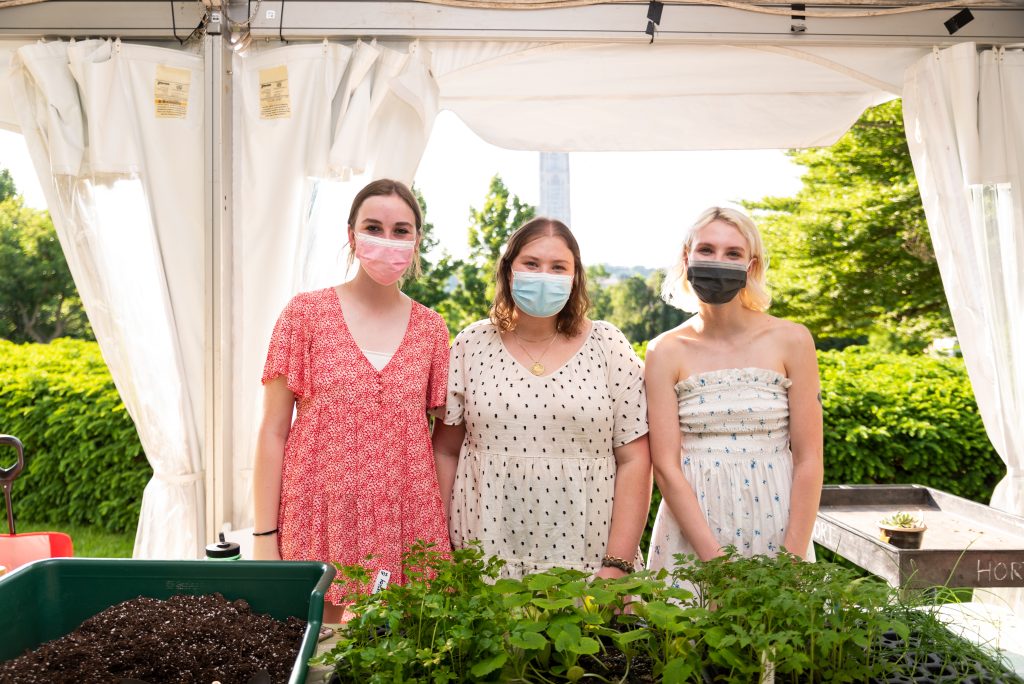
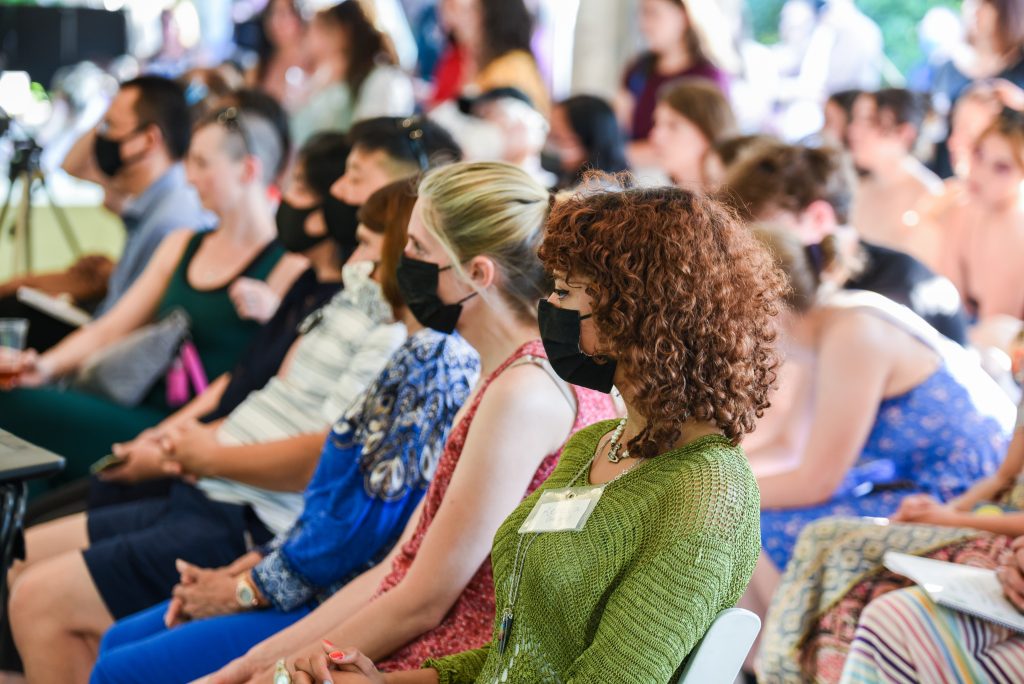
फूड वर्किंग ग्रुप की परियोजना संधारणीय व्यंजनों का एक संग्रह है, जो पौधे-आधारित भोजन को अधिक सुलभ बनाता है। छात्र इस विषय पर एक साथ आए क्योंकि संधारणीय खाद्य प्रणालियों और पर्यावरण न्याय के बीच अंतरसंबंध में उनकी साझा रुचि थी। उनके दिशा-निर्देशों में मौसमी और स्थानीय रूप से प्राप्त भोजन खाना शामिल है, साथ ही खाद्य रेगिस्तानों में उपलब्धता को भी संबोधित किया गया है। समूह ने संधारणीय खाद्य पदार्थों को उन सभी के लिए अधिक सुलभ बनाने के लिए एक रेसिपी बुक बनाई, जो अधिक पौधे-आधारित भोजन खाना शुरू करना चाहते हैं।
समूह खाद्य प्रणालियों में रुचि के इर्द-गिर्द एकजुट हुआ क्योंकि वाणिज्यिक कृषि से खाद्य अपशिष्ट, प्रदूषण, वनों की कटाई, ग्रीनहाउस गैस उत्सर्जन और मिट्टी के क्षरण सहित पर्यावरण पर बहुत अधिक नकारात्मक प्रभाव पड़ता है। अधिक टिकाऊ आहार चुनना व्यक्तिगत स्तर पर इन तरीकों से निपटने का एक प्राप्त करने योग्य तरीका है। इसलिए, यह कुकबुक अंतिम निर्देश पुस्तिका नहीं है, बल्कि इस आजीवन चुनौती को लेने के लिए एक रूपरेखा है।
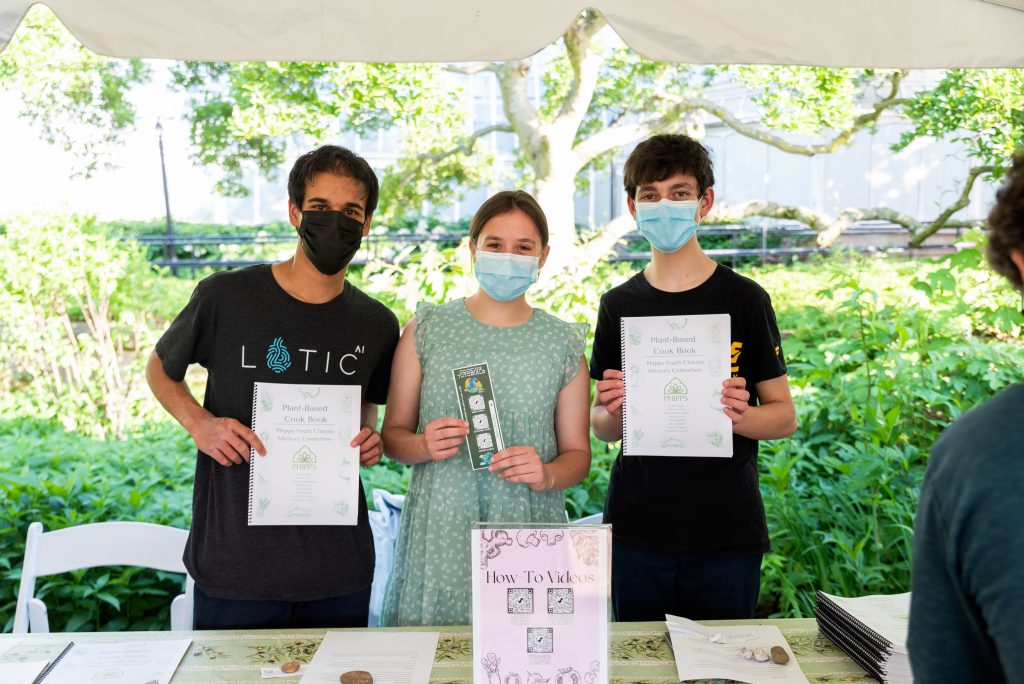
रेसिपी बुक की शुरुआत इस बात से होती है कि पौधे आधारित आहार में कैसे बदलाव किया जाए और इसमें मौसमी भोजन और स्थानीय भोजन विशेष रूप से फायदेमंद क्यों हैं, इसके कारण भी शामिल हैं। इसके बाद यह खाद्य उपभोग के साथ पर्यावरण न्याय के अंतर्संबंध को समझाता है ताकि इस बात पर जोर दिया जा सके कि सुलभता इस कुकबुक को बनाने का एक महत्वपूर्ण हिस्सा है। व्यंजनों का चयन इस आधार पर किया गया कि कौन सी सामग्री निम्न-आय वाले और ग्रामीण समुदायों के लिए आसानी से उपलब्ध है।
इसके बाद कुकबुक में ऐपेटाइज़र, ब्रेकफ़ास्ट, लंच/डिनर और डेज़र्ट रेसिपीज़ दी गई हैं, जिन्हें समुदाय के उन सदस्यों के लिए भी बनाना आसान है, जिन्हें खाना पकाने का सीमित अनुभव है। कुकबुक ऑनलाइन स्रोतों के लिंक के साथ समाप्त होती है, जहाँ से ये रेसिपी प्राप्त की गई थीं। समिति के सदस्यों ने मिसो सूप, ज़ुचिनी फ्राइज़ और वेजी पास्ता रेसिपी बनाने के लिए चरण-दर-चरण वीडियो भी रिकॉर्ड किए। ये वीडियो 31 मई को यूथ सस्टेनेबिलिटी शोकेस के दौरान क्यूआर कोड बुकमार्क के माध्यम से वितरित किए गए और YCAC इंस्टाग्राम पेज पर पोस्ट किए गए!
फैशन वर्किंग ग्रुप
सदस्य: लुसी डाबट, डैनियल चाविस, एम्मालिन हब्स, सोफिया स्विडरस्की
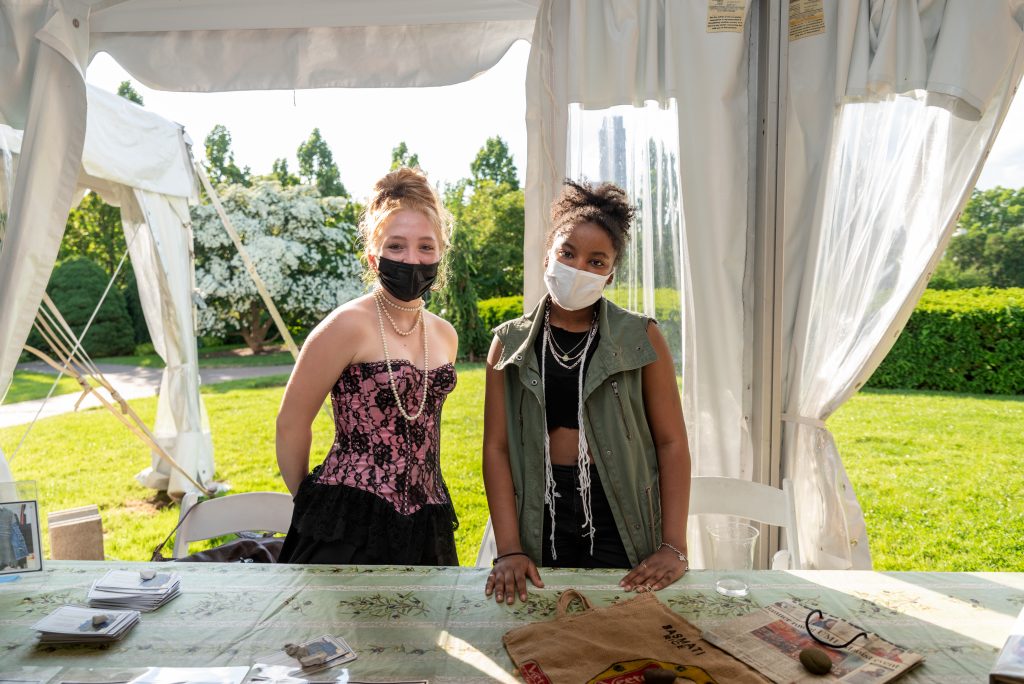
फैशन वर्किंग ग्रुप का उद्देश्य फास्ट फैशन उद्योग के हानिकारक प्रभावों के बारे में शिक्षित करना और पुराने कपड़ों को फिर से इस्तेमाल करने की कला के बारे में जानकारी प्रदान करना है। अपने काम में इस शैक्षिक पहलू को शामिल करने के लिए, समूह ने एक सूचनात्मक सस्टेनेबल फैशन प्रेजेंटेशन बनाया, जिसमें अति उपभोग और अति उत्पादन के प्रभावों पर चर्चा की गई, पुराने कपड़ों को फिर से इस्तेमाल करके इन प्रथाओं से निपटने के तरीके पेश किए गए। समूह ने न केवल यह समझाया कि अपसाइक्लिंग क्या है, बल्कि क्रोकेट और सिलाई तकनीक, डेनिम सामग्री, काटने के उपकरण, स्प्रे पेंट और टाई का उपयोग करके अपसाइक्लिंग के विभिन्न रूपों पर भी चर्चा की। प्रस्तुति में सेकंड-हैंड कपड़ों की दुकानों और स्थानीय स्थानों के लिंक दिए गए हैं जो सिलाई मशीनों और सिलाई कार्यशालाओं तक पहुँच प्रदान करते हैं। शिक्षा, सशक्तिकरण और सस्टेनेबल फैशन शो में भागीदारी के माध्यम से अधिक जागरूक खरीदार बनने के विचार पर चर्चा के साथ प्रस्तुति का समापन हुआ! इस प्रस्तुति का एक लिंक 31 मई को फिप्स आउटडोर गार्डन में आयोजित फिप्स सस्टेनेबल फैशन शो के फ़्लायर में शामिल किया गया था।
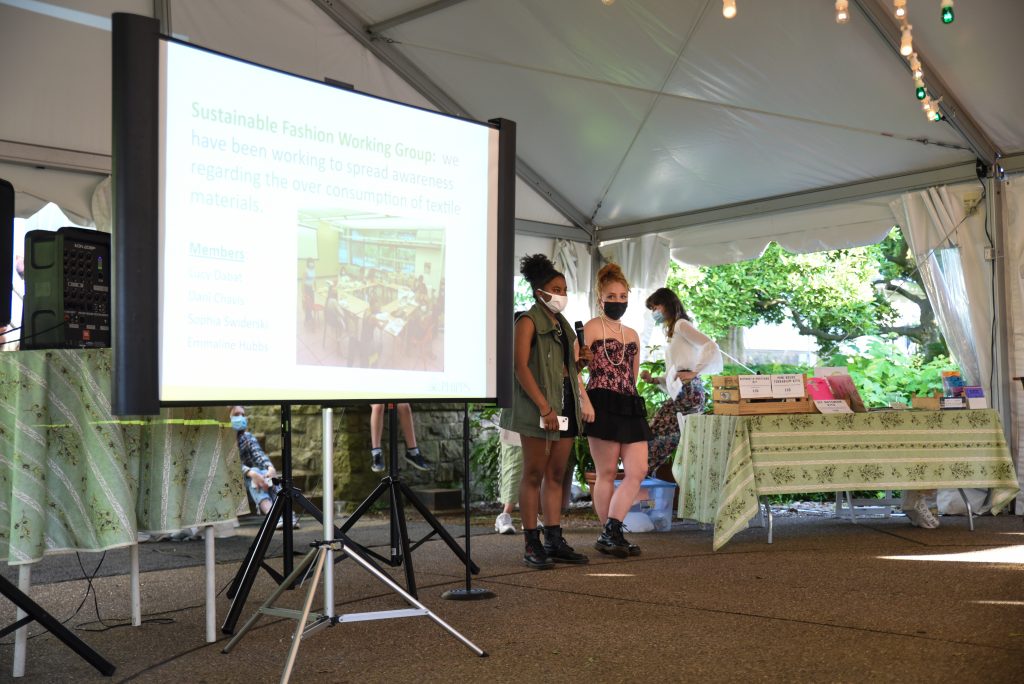
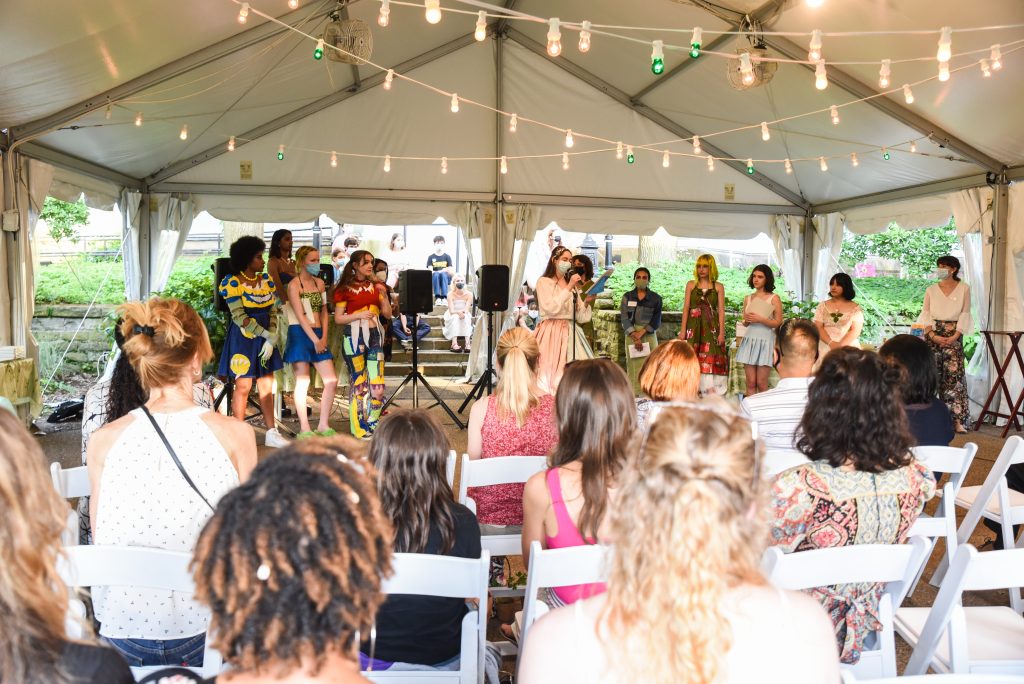
समूह को मार्च में एंडी वारहोल संग्रहालय के सस्टेनेबल फैशन शो से प्रेरणा मिली, जिसमें उन्होंने भाग लिया था, जिसने उन्हें शो की योजना बनाने में काफी मदद की। अपने फैशन शो की मेजबानी करने से पहले, उन्होंने संभावित डिजाइनरों को इकट्ठा करने के लिए फिप्स में एक सस्टेनेबल फैशन वर्कशॉप का आयोजन किया, जो इसमें भाग लेंगे। उन्होंने डिजाइनरों को बातचीत करने और अपने आउटफिट विचारों पर चर्चा करने के लिए सिलाई मशीनें, सिलाई की आपूर्ति और एक स्थान प्रदान किया। वास्तविक शो की मेजबानी करने से एक दिन पहले, उन्होंने डिजाइनरों से मिलने, यह निर्धारित करने के लिए एक ड्रेस रिहर्सल आयोजित किया कि कितने आइटम प्रदर्शित किए जाएंगे, और मॉडल के रनवे पर चलने के दौरान एमसी को उनके भाषण का अभ्यास कराया।
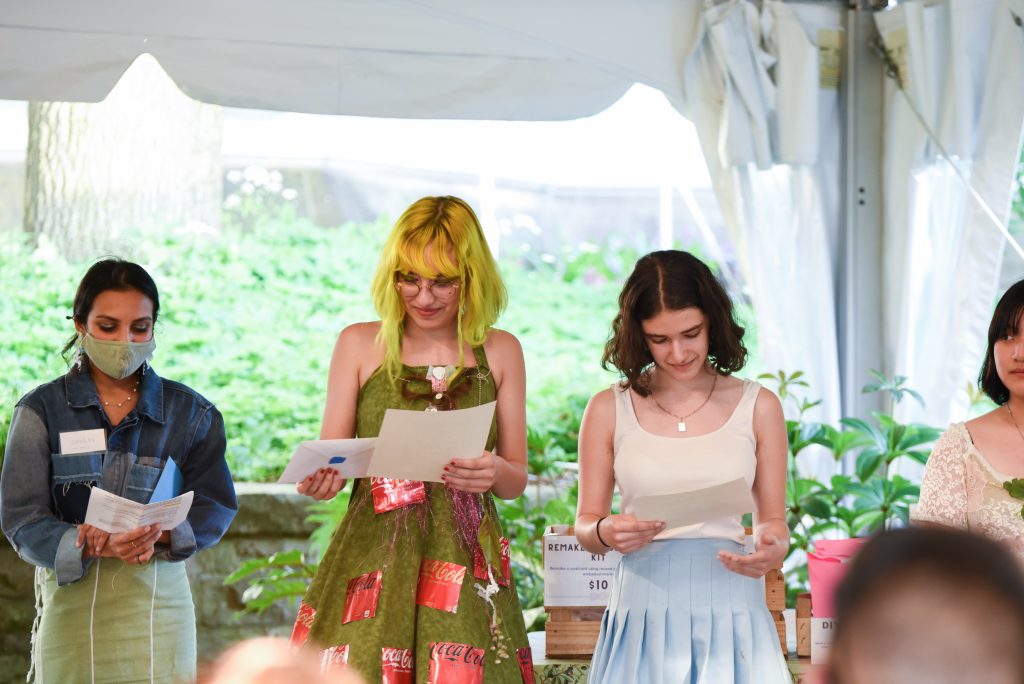
फिप्स सस्टेनेबल फैशन शो में पंद्रह स्थानीय, मिडिल स्कूल और हाई स्कूल के डिज़ाइनर अपने सस्टेनेबल फैशन पीस दिखाने के लिए एक साथ आए। कुल 20 पीस थे, जो पुराने कपड़ों से लेकर अपसाइकल किए गए पर्दों से लेकर डिब्बे, प्लास्टिक बैग और अख़बार जैसी असामान्य सामग्रियों से बने थे। डिज़ाइनर सबसे रचनात्मक, सबसे फैशनेबल और सबसे अनोखे की श्रेणियों में पुरस्कारों के लिए प्रतिस्पर्धा करने में सक्षम थे। विजेताओं का निर्धारण करने वाले जज पार्टटाइम पूडल, ज़ैक मेरिल प्रिंट्स और पिट्सबर्ग सेंटर फ़ॉर क्रिएटिव रीयूज़ सहित स्थानीय सस्टेनेबल फ़ैशन व्यवसायों के प्रतिनिधि थे। शोकेस के दौरान जजों को अपने खुद के आइटम बेचने का भी मौका मिला।
युवाओं के नेतृत्व में कार्रवाई का आह्वान
प्रत्येक समूह ने अपनी परियोजनाओं पर लगन से काम किया और 31 मई को YCAC शोकेस में प्रस्तुत किया। फिप्स को उम्मीद है कि युवा जलवायु सलाहकार समिति इस बात का उदाहरण बन सकती है कि युवा जलवायु सशक्तिकरण के बारे में आपके संस्थान में क्या किया जा सकता है। अपने अगले संस्करण में, जलवायु टूलकिट दुनिया भर में भाग लेने वाले छात्रों को दूसरों से जोड़ने और इसी तरह की पहल का समर्थन करने की कोशिश कर रहा है।
यदि आपका संस्थान युवा जलवायु जुड़ाव और सशक्तिकरण पहल शुरू करने में रुचि रखता है, तो कृपया Climatetoolkit@phipps.conservatory.org पर संपर्क करें।
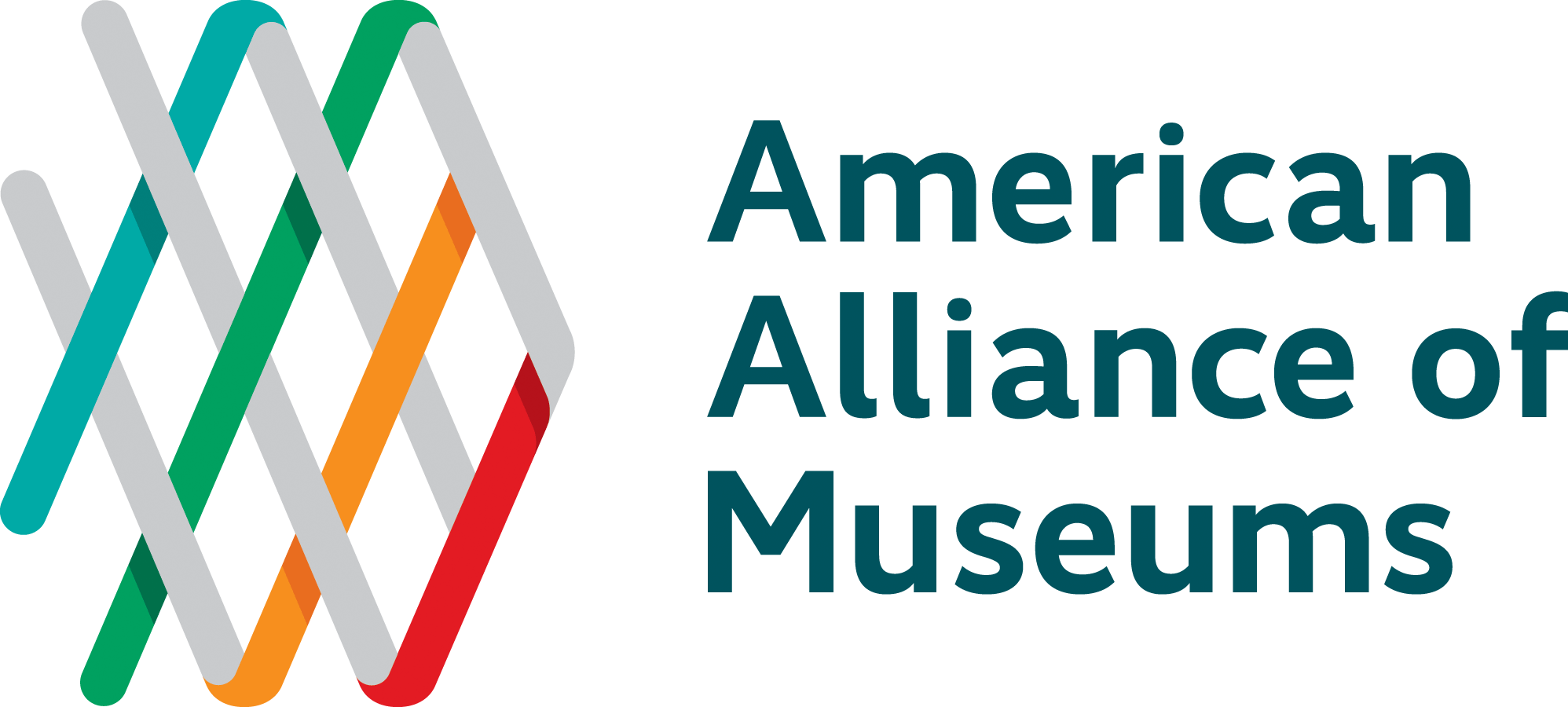

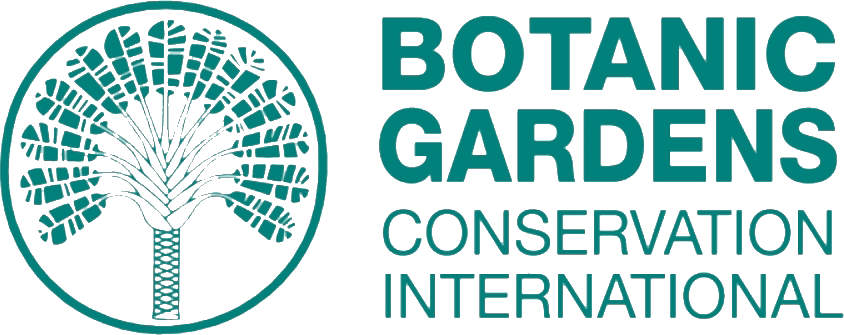



हाल ही की टिप्पणियाँ